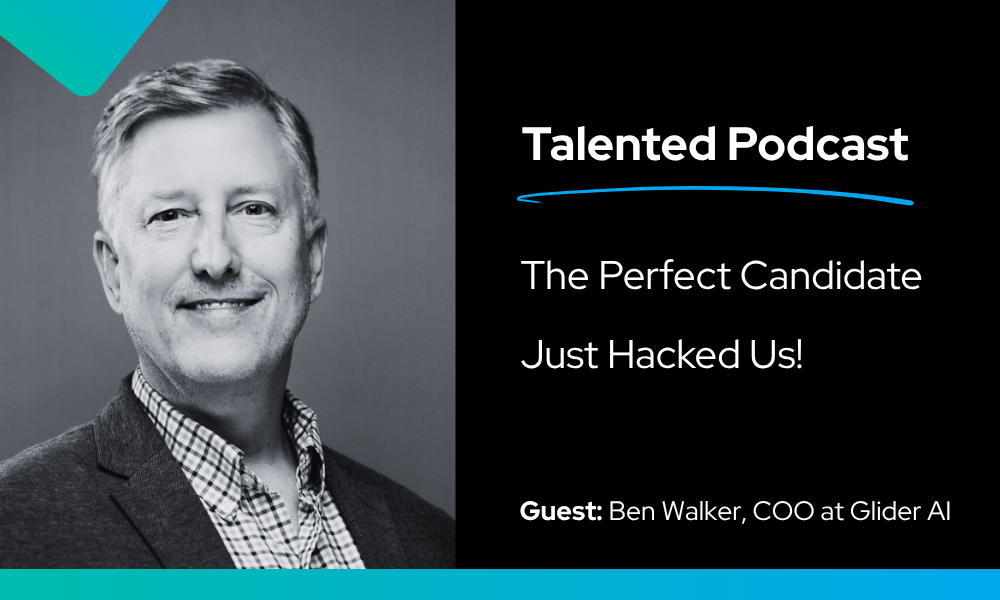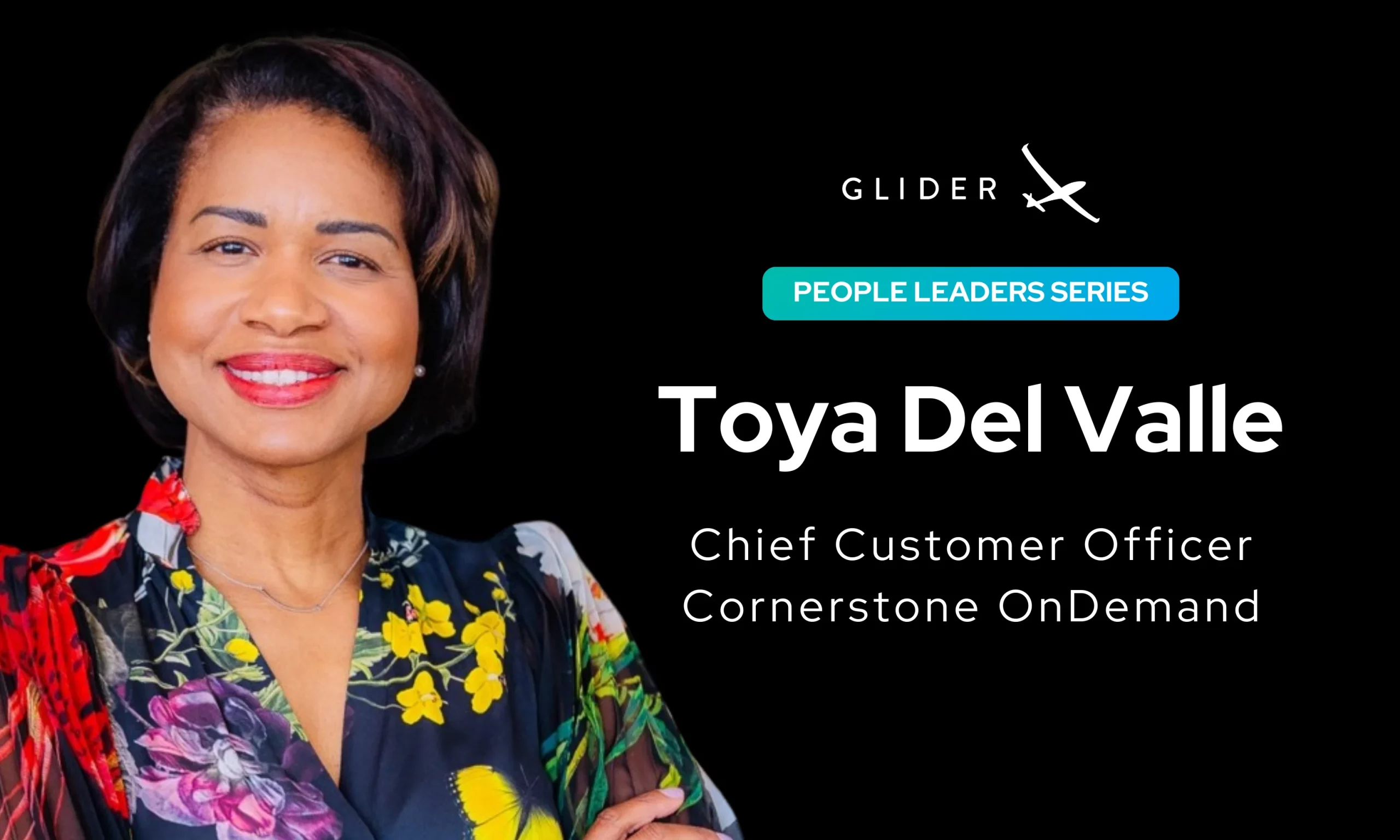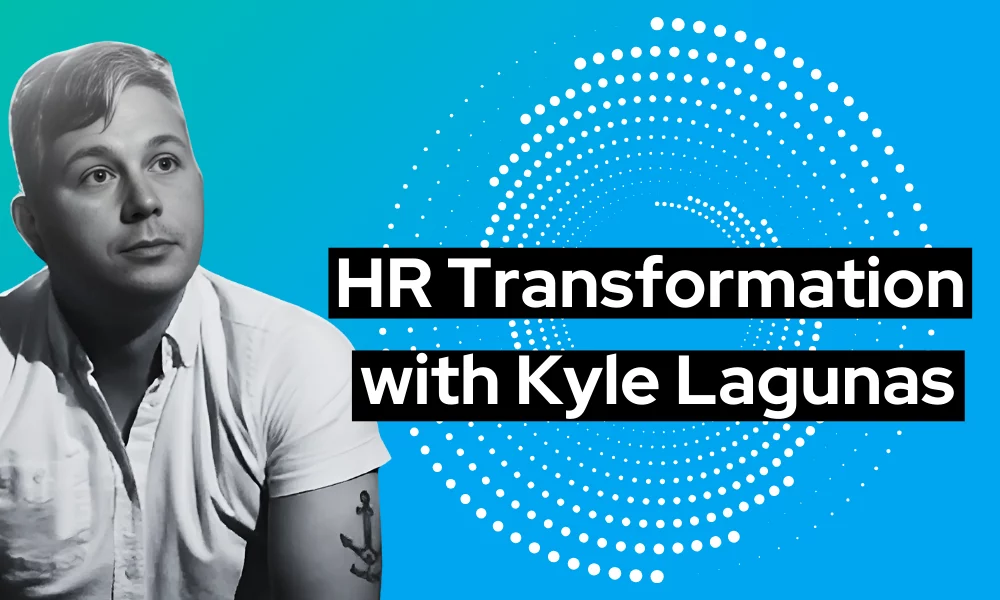
Make talent quality your leading analytic with skills-based hiring solution.

A pre-screening interview is an essential part of the hiring process, acting as a preliminary check to ensure that candidates meet the basic qualifications before moving on to more in-depth interviews. Understanding how to prepare for and excel in a pre-screening interview can significantly boost your chances of landing your desired job. Here’s everything you need to know about the pre-screening interview and how to make a great impression.
A pre-screening interview is typically a brief, initial conversation between a recruiter or HR representative and a job candidate. The primary goal is to verify that the candidate has the necessary qualifications, experience, and fit for the role before advancing them to the next stage of the hiring process. These interviews can be conducted via phone, video call, or even through automated AI systems.
Pre-screening interviews are crucial for several reasons:
Before your pre-screening interview, research the company thoroughly. Understand their mission, values, and recent developments. Familiarize yourself with the job description and identify how your skills and experiences align with the role. This will help you tailor your responses to show that you’re a strong fit for the position.
Be ready to discuss your resume in detail. Highlight your key achievements, relevant experiences, and skills that make you suitable for the job. Make sure you can explain any gaps in your employment history or other potential red flags.
While each pre-screening interview is unique, there are common questions you can expect:
Having thoughtful questions prepared shows your interest in the role and company. Ask about the team structure, company culture, or specific responsibilities of the job. This not only provides you with valuable information but also demonstrates your proactive approach.
First impressions matter, especially in a pre-screening interview. Dress appropriately, even if the interview is conducted over the phone or video call. Ensure you are in a quiet, distraction-free environment and speak clearly and confidently.
Honesty is crucial during the pre-screening interview. If you don’t have a particular skill or experience that’s required, acknowledge it but also highlight your willingness and ability to learn quickly. Transparency helps build trust with the recruiter.
Express your genuine interest in the role and the company. Enthusiasm can set you apart from other candidates and show that you’re truly motivated to join the team.
After the interview, send a thank-you email to express your appreciation for the opportunity. Reiterate your interest in the role and briefly mention why you are a good fit. This leaves a positive impression and keeps you on the recruiter’s radar.
Reflect on how the interview went and identify areas for improvement. Use this insight to prepare for potential follow-up interviews, where you’ll have the chance to delve deeper into your qualifications and experiences.
A pre-screening interview is a critical step in the hiring process, providing an opportunity to make a strong first impression and demonstrate your qualifications. By researching the company and role, reviewing your resume, practicing common questions, and showcasing your enthusiasm, you can effectively prepare for and excel in your pre-screening interview. Remember to follow up with a thank-you note and reflect on your performance to continue improving. With these strategies, you’ll be well-equipped to navigate the pre-screening interview and move closer to securing your desired job.

“The Perfect Candidate Just Hacked Us”: Inside the Global Playbook of Hiring Fraud That 100% test score might be your biggest red flag. Enterprise breaches don’t always start with phishing emails; sometimes, they start with a fake job interview. In this episode of Talented, Joseph Cole sits down with COO Ben Walker to unpack one […]

Can HR Stop Playing Buzzword Bingo with Skills and AI? If you’re an HR or TA practitioner or work in HR Tech in any capacity, AI and Skills-Based Hiring is what everyone is talking about. The problem? All the talk is diluting the importance of two very interrelated topics. Glider AI sponsored the Transformation Realness […]

Q&A with HR/TA Analyst Kyle Lagunas The traditional playbook that was HR is being rewritten. AI is reshaping work, skills-based strategies are transforming hiring, and HR teams are under pressure to deliver more with less. HR isn’t just about managing people anymore—it’s about engineering the future of work. In this Q&A session, Kyle Lagunas and Joseph […]